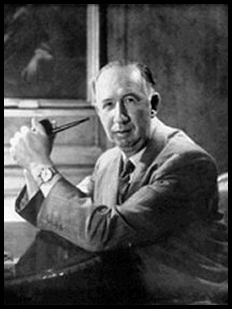On June 11, 2011 I went to the Democratic Party of Oak Park Grassroots Planning Session at the Oak Park Public Library. It was run by OFA, Mr. Obama’s campaign organization. It was open to the public, so I walked in, to check it out. It was an interesting gathering. Many people from local government were there. There were also many people who were experienced activists who travelled recently to Wisconsin, and who were working for Mr. Obama in other states during the 2012 campaign. Oak Park’s activist community is to the Midwestern Democrat Party what India was to the Victorian Empire, a bottomless source of manpower that pays for itself and can be used for campaigns around the region. It was expressly stated at the meeting that Illinois is a source of manpower for other battleground states in the region. This is one more cost to Republicans of having declined so far in Illinois.
The speakers seemed to have trouble describing themselves. They never used the L word, so I guess they are not liberals anymore. Oddly, the word Progressive was not used as a regular thing, either. I thought Progressive was the new orthodox label. There were several awkward locutions, such as “people who want to bring about change” and “people committed to change.” I suppose the idea is to keep the idea of “change” in the forefront.
For these folks, the 2012 campaign is now on, full blast. It was impressive for an outsider to see the size and energy of the group gathered on a Saturday 17 months before the election.

